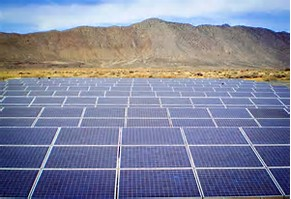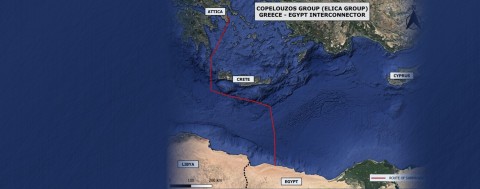The European Commission has cautioned against an EU-wide cap on the price of gas used to produce electricity could result in an increase in gas use and exports of EU-subsidized electricity, according to a document seen by Reuters.
Energy ministers from the European Union’s member states will meet on Tuesday to explore ways to control EU gas prices. Despite weeks of discussion, the countries are still divided on whether and how to achieve this.
The paper reveals that the Commission shared with nations a study of a price cap for gas used to generate electricity, a plan that Spain and Portugal initiated this summer after Russia’s invasion of Ukraine and the ensuing reductions in EU gas supply caused energy prices to soar.
According to the study, expanding this across the EU, a concept France has supported, could cause a 9 billion cubic meter increase in gas demand in the EU.
The document stated that additional steps would be needed to stop the cheaper electricity from being exported to non-EU nations without a price cap, such as Switzerland and Britain.
As nations race to save fuel and replace Russian shipments, Germany and the Netherlands have cautioned that price caps to make gas cheaper could lead to an increase in use. Russia supplied 155 billion cubic meters of gas to the EU before the invasion.
In a time when nations are racing to save fuel and replace Russian shipments, Germany and the Netherlands have cautioned that price caps to make gas cheaper could result in a rise in use.
According to the Commission, the program might result in a net benefit of 13 billion euros ($12.8 billion) and help to control inflation if market gas prices were 180 euros per megawatt hour for a year.
The power sector gas price cap would mostly benefit France, a net importer of gas-fired energy, according to the document.
According to the document, which did not indicate how the EU-wide mechanism would be funded, Germany, the Netherlands, and Italy, which generate sizable amounts of gas-fueled electricity, would incur the biggest costs to fund the program.












